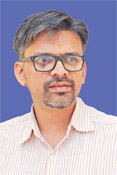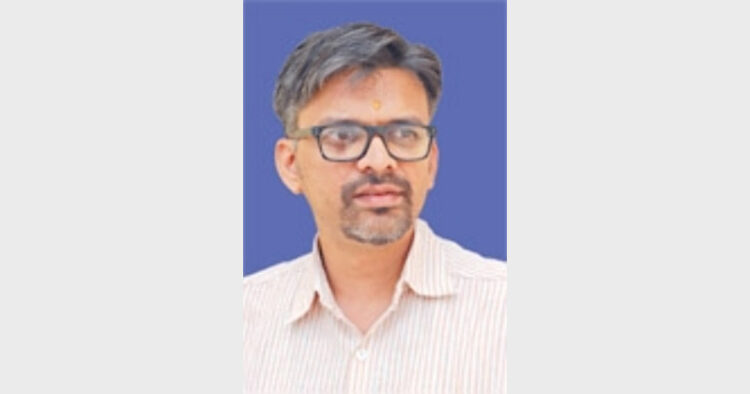Politics Of ‘Appointments’ ?
 Resignation of a couple of governors has raked up the debate over removal of political appointees with the change of guard. Technically, a change in government is nothing but new mandate to implement the constitutional scheme of things and therefore, there is no need to break the functional continuity. Still, politics of appointments require fresh look and deliberations.
Resignation of a couple of governors has raked up the debate over removal of political appointees with the change of guard. Technically, a change in government is nothing but new mandate to implement the constitutional scheme of things and therefore, there is no need to break the functional continuity. Still, politics of appointments require fresh look and deliberations.
Appointments at governmental level need to be categorised at two levels; elected/constitutional posts and selected/political posts. As far as elected posts are concerned there is a clear provision in the constitution about the tenure. When it comes to political appointments, new dispensation should have the right to review them and make necessary amends. As revealed through the RTI filed by Organiser, some of the appointments made by the previous government to various national commissions were purely political and actualised just few days before the enforcement of model code of conduct for the 2014 general elections. Most of these commissions and their mandates came into existence through parliamentary law but their nature has been highly political.
For instance, National Commission for SCs/STs has to cater to ‘rights’ of certain groups but when its members owe allegiance to certain political parties then their agenda comes under scanner. Such appointments should be made coterminous with the government or should be subject to review by the new government.
The real issue is that of the constitutional but political appointments made through selection, like the post of governor. Ideally governors are responsible to the central executive through the President. But, unfortunately with the politicisation of governor’s appointment, as visible through the removal of governors by UPA I government and appointing new ones at the end of UPA II, makes the issue tricky. All such political appointments made in the last one year of the tenure should automatically come under review. Political appointments should also follow constitutional probity. Otherwise, it is feared that institutions will face the danger of decay over the period of time.
?Caught In Crossfire?
Around 40 Indian workers are abducted in Iraq and it is viewed as the first foreign policy challenge for the Modi government. Unless root causes of crisis in the Arab world are addressed proper policy formulation is not possible for India.
Islamic world is in turmoil. With the ongoing crisis in West Asia in general and Iraq in particular, everyone is concerned about oil. Rightly so with crude oil being the most important driver of development and the world at large is highly dependent on West Asia for it. But the faultlines within Islam is the real concern than anything else. Post Osama Bin Laden, Taliban is continued to be a formidable force. Emergence of new Islamic extremist groups like Islamic State of Iraq and Levant in Iraq, Al-Shabab of Somalia gaining ground in Kenya, proliferation of Jihadism in Egypt and Syria etc. highlights a crisis within Islam than anything else. After the US softened its stand against Iran, a clear message was passed to the ‘Jihadi Fountainhead’ Saudi Arabia.
The crisis in the whole Islamic world is at its high with the renewed Shia-Sunni conflict. The reality is that Islam is gradually becoming the victim of its own tenets. There are around 73 sects within Islam and each one claims to be the true follower. This inherent intolerance has put Islam not against all other religions but also has led to infighting among Islamic variants. Unless the faultlines within Islam are addressed and dealt with carefully, India and the whole world would continue to be caught in the crossfire time and again.
-Prafulla Ketkar??














Comments